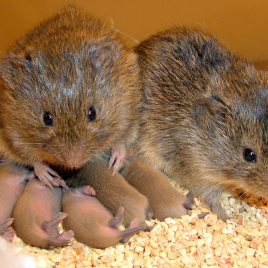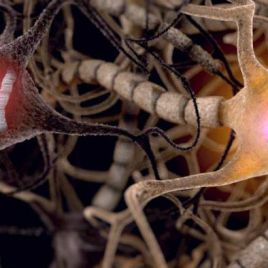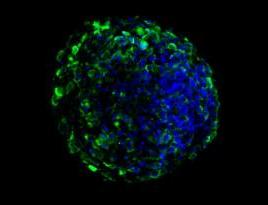Scientists have long questioned whether there is any correlation between brain size and cognitive ability in various animal species. One theory often explored in this field is the cognitive buffer hypothesis, which explains bigger brain size by the adaptive benefits to respond quickly to sudden, rapid changes in the environment. A new study tests out […]
Tag: neurophysiology

Action video games may be shrinking the players’ hippocampi 
New evidence suggests that habitual gamers have less grey matter in their hippocampus, a part of the brain that plays a big role in different kinds of memory processing. The study, which combines neuroimaging and longitudinal research data, revealed that the hippocampus gets less stimulation during play time; while another part of the brain, called […]

The brain chemistry of voles’ everlasting love
Voles are famous examples of social monogamy, a rare phenomenon in the animal kingdom. A recent study set to find out if there’s anything unique about these loving rodents’ brain connections that helps them form such strong bonds with their mate. Researchers specifically focused on the corticostriatal circuit in the brain, which is known to control the animals’ […]

Brain cells get to choose which parents’ genes to use
Researchers have long thought that most human cells express genes from both parents’ chromosomes equally throughout life. But as it turns out, when it comes to neurons, things aren’t so simple. A new study shows that it’s not unusual for individual neurons to choose to activate genes from one parent or the other. In particular, […]

